Behind every successful event is a strong plan and a considered event strategy. A strong plan and strategy will align your brand identity with your content, but finding this alignment can be hard.
Following will take event planners through each step of an event strategy, from why you need one, through to the timeline of execution. As a company who specialises in a myriad of events from trade shows to pop up shops, it’s a strategy we are familiar with.

What is an event strategy?
Strategy; it’s a scary word when you don’t know where to start. Put simply a strategy is a plan and in this case an event plan. Collectively strategic event planning works to govern all preparations required in the lead-up to event success. Within will sit every vein of event planning to ensure a strong framework is built to create a cohesive campaign and successful event. The strategy will piece together the entire planning process and include ensuring key milestones are met including:
- Company goal setting
- Audience management
- Resource allocation
- Timelines
- The marketing strategy
- Budgeting
- Staffing
Collectively planning the event strategy will work alongside your company to ensure your company is getting the most out of their next event.
Why are event strategies and planning important?
Who, what, when, where and how. The five most important reasons behind any piece of work at school, and the bones of the importance of setting up an effective event strategy. Event planning must ask these five questions to understand the why and importance behind their event strategy.
The event strategy plays an important role to funnel each moving part of event planning into one succinct process. Regardless of size or event types, any event whether it be face to face, virtual or hybrid will contain any number of organisational pieces in preparation. The event strategy plays the role of streamlining each of the pieces to ensure everything keeps moving and nothing is missed.
Goals and visions
At the top of the company’s event management framework sits the goals and visions, not just holistically for the company, but for the event itself. Determining the company goals will set business up from the get go. Each event strategist should be aligned with the same vision to ensure all staff members, contractors and contacts are working together to achieve the same purpose. The goal of the event will dictate the remainder of the strategy as each piece of the framework should refer back and align.
Within the event industry there are a number of goals that commonly align for businesses which include:
Brand awareness:
Working toward ensuring more audience members are aware of the brand and its purpose. This goal is one that is achieved throughout the entire event strategy, rather than just whilst being onsite.
Lead Generation:
Growth in contacts is likely to reflect a growth in sales. Events are a strategic approach to grow mass numbers of contacts which may continue to form part of an engaged database and thus warm leads.
Product Education:
We all know that instructions on email or text can be lost in translation. Being at an event is an opportunity for brands to educate their audience on their products and services, and in turn provide an opportunity for questions. Being face to face eliminates the barrier to missed context and tone. Often brands use events to showcase product usage and allow attendees to utilise products themselves.
Revenue Generation:
The primary goal for most businesses is to generate revenue growth. Revenue works hand in hand with brand awareness, lead generation and product education, and if performed correctly, results in successful return on investment.
It is important to note that goals and visions will vary from company to company. Regardless of the goals however, each will form an integral part of the event strategy.


Understand the audience
Consider your audience an extension of your company, without them there are no sales or business. Whilst your target audience may be determined for your overarching company, events provide the opportunity to appeal and connect with different audiences. The consideration of audiences as part of your event strategy should include two elements, determining the event audience and understanding how to target them.
Determine your event audience
Not only does being at an event provide an opportunity to speak face to face with your target audience, it allows you to target different audiences and reach ones that you may have never considered. Whilst your competitors may be by your side at an in person events, it does create the opportunity for your competitors to bring their network which may in turn expand your own. Ahead of the event, understand who you would like to connect with at the event by analysing your own data, researching the event and understanding your competitors.
Target your audience
Once the audience is determined your event marketing can begin to target these people in a hope to drive them onsite. Whilst this may fall into the marketing strategy, it is important to understand which networks and avenues you can reach your audience on to ensure you they can be transferred into ticket sales and attendees. Once you understand where you can target your audience it is also important to understand how to leverage off them. Think big picture on how to lean into their network for your type of event. Each one of your audience members has a network of whom may be an ideal attendee to your event.

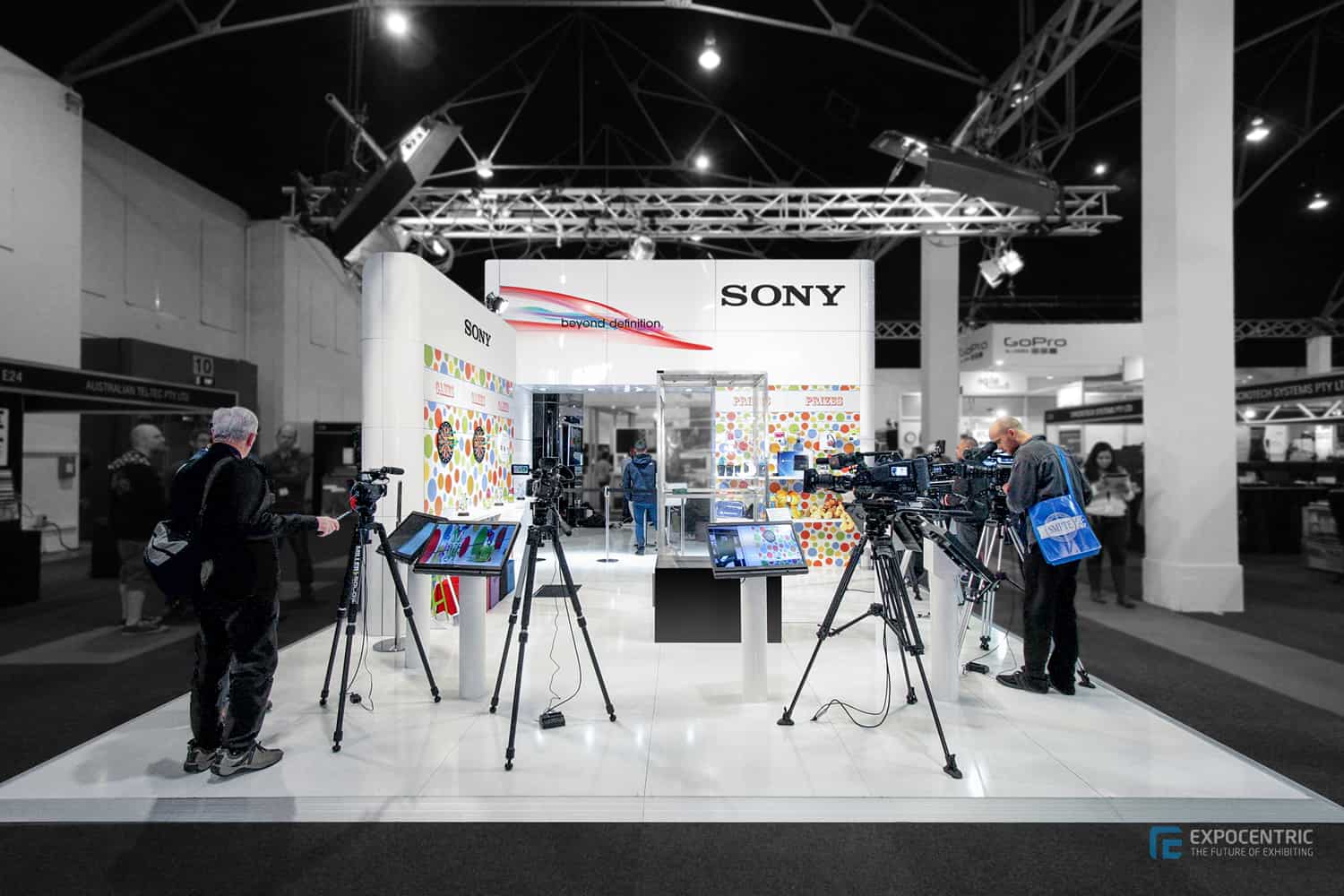
Resource Allocation
Resources are all of the tools your company has access to to create a successful event. Understanding how to distribute the right resources is vital to the success of the event. Resource allocation is as much about allocating resources as understanding what resources you are working with. Understanding what you’re working with will allow your business to accurately and realistically plan for the upcoming event. Following a number of common resources businesses work with to help support the success of their events:
- Money
- Staffing
- Time
- Technological Programs
- Education and training
- Company Support
Map out the timeline
Timing is the essence of a perfectly executed event strategy. Not only does it play the ‘timekeeper’ but acts as a checklist to ensure every piece of your strategic event planning framework is accomplished. The timeline for an event is not just a linear list of what needs to happen when, rather it is a matrix that houses the action list for every area of the event planning. The timeline for a successful event strategy starts well before the event launch, and albeit overwhelming can be segmented into a few categories. Traditionally event planning for virtual or hybrid events can be divided into 12-week blocks leading into the event, including the three months following the event.
Once broken into 3 month timelines companies should look to engage, distribute and coordinate all elements of their upcoming event. Some of the key timeline items may include:
1. Marketing Strategy
The marketing strategy will include the distribution of all markets across a variety of platforms.
2. Contractor Management
Contractor management is the engagement and coordination of all companies that will help facilitate the construction of the event.
3. Staff Engagement
Staff management includes the coordination and allocation of staff and their individual requirements ahead of being onsite.
4. Onsite Operations
This includes the coordination of all activations and operational activities that are required whilst being at the event.
5. Post Show Analysis
The opportunity to reflect on the event management solutions taken in the lead up to the event, as how these can be repeated or tweaked for future events.

The Marketing Strategy
The event strategy is a plan to prepare your company for event success, which means a marketing strategy is a plan to ensure your company is prepared for successful marketing. Alike an event strategy, the marketing strategy should align with the event goals, budget, audience and run on a timeline. We talk a lot about an event specific marketing strategy in our recent blog, Your Complete Guide to Event Marketing Strategy, however the following is a simplified version outline the key objectives.
Understand your timeline
Best practice for a marketing timeline is to increase the frequency of messaging as the event draws near. For example distribute messaging 12 weeks out, then 8, 6, 4, 2 weeks out, finishing with a number of distributions on the week of the event. This type of timeline ensures your audience is receiving consistent messaging and reminders to purchase tickets.
Determine your platforms
Determining your distribution platforms works hand in hand with analysing the target audience. Companies should invest time and budget into platforms where their audience will see and act upon their messaging.
Website
A company website creates a succinct hub for all event information and the future events calendar. Within the website event planners can include access to the virtual event platform, effectively sell tickets, and launch key event information.
Social media
Social media creates a networking opportunity for the event planner to communicate key information on a less formal basis. The distribution of key messaging through social media also encourages customers, and attendees to distribute this messaging to their own network.
Email marketing will be your communication bridge to those contacts considered your warm leads. Craft a number of email templates to ensure differentiation between your messaging. Use your emails as a way to not only promote your participation and drive ticket sales, but to also inform your audience about why they should attend the upcoming event.
Above the line
Above the line marketing encompasses the traditional marketing practices including television, radio and billboard marketing. This may not be accessible for all event strategies, however may be a relevant option for those trying to reach a mass or broad audience with large budgets.

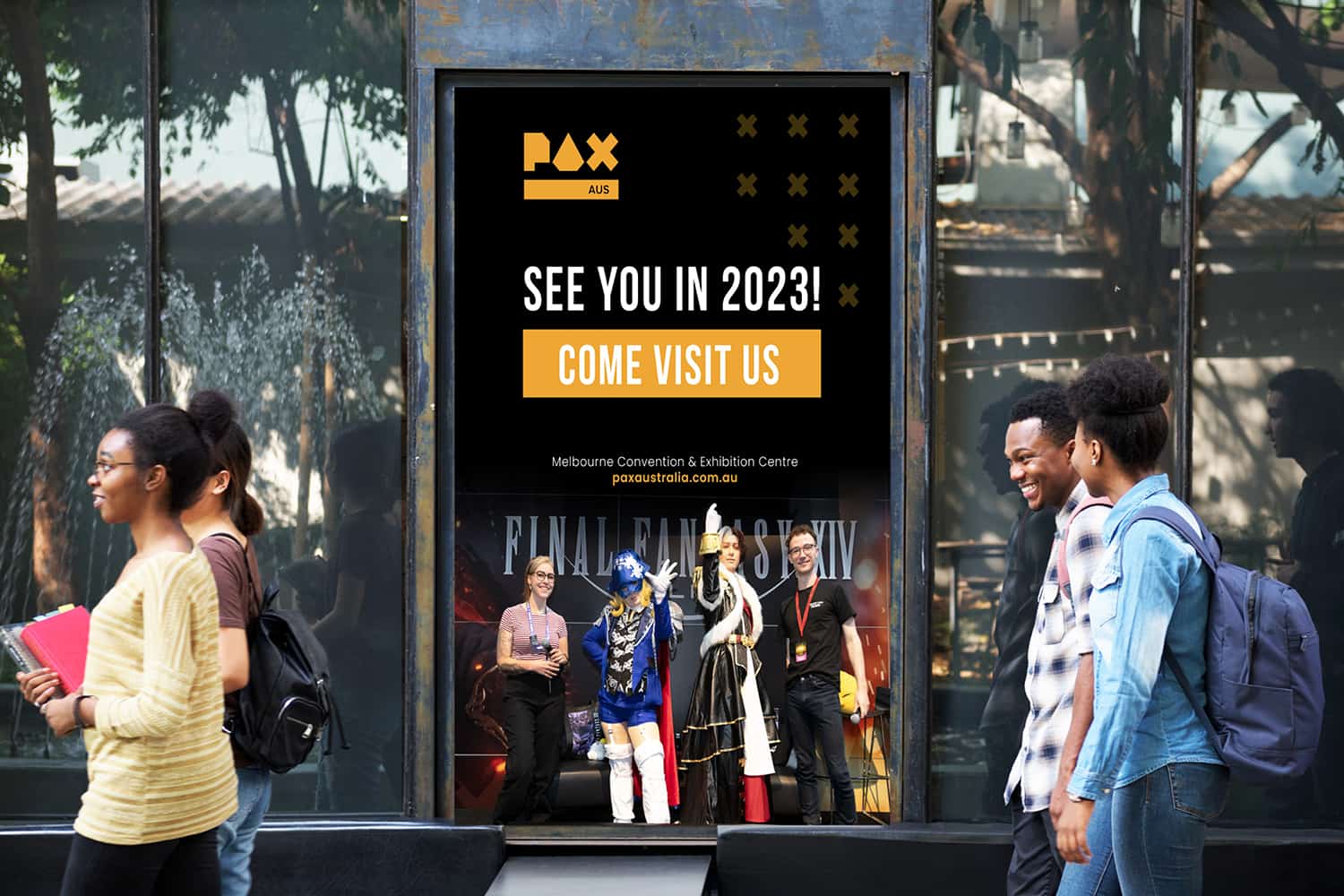
The Budget
A strong event strategy can only be as strong as the budget permits, thus it is critical to understand the limitations of a budget when planning the strategy. An event strategy must consider every element of a budget from the hard costs of building the event through to the marketing and staffing requirements. A budget is a complex part of event planning however if an event planner facilitates it correctly the event will be in good stead.
Event professionals know that every event budget is different, however there are some key areas that must be considered as part of every corporate strategy.
- Event Space
- Event Building
- Promotions
- Staffing
- Miscellaneous Costs.
It is recommended that event data is analysed from past events to gain a strong understanding on what the event may cost.
The Staffing
An integral part of every event and events team are the staff. Each team within the company will have a role to play from the planning through to being onsite, and consideration should be given to who will support the events. Having a deep understanding of the industry and the company can not only help support the event goal but also improve events as a whole.
There are a number of key teams who will play a role in the lead up to the event:
- Event Team
- Sales Team
- Marketing Team
- Operations Team
- Finance Team
It’s these teams that will need to work side by side throughout the event planning to ensure each process supports the next step of the event planning.

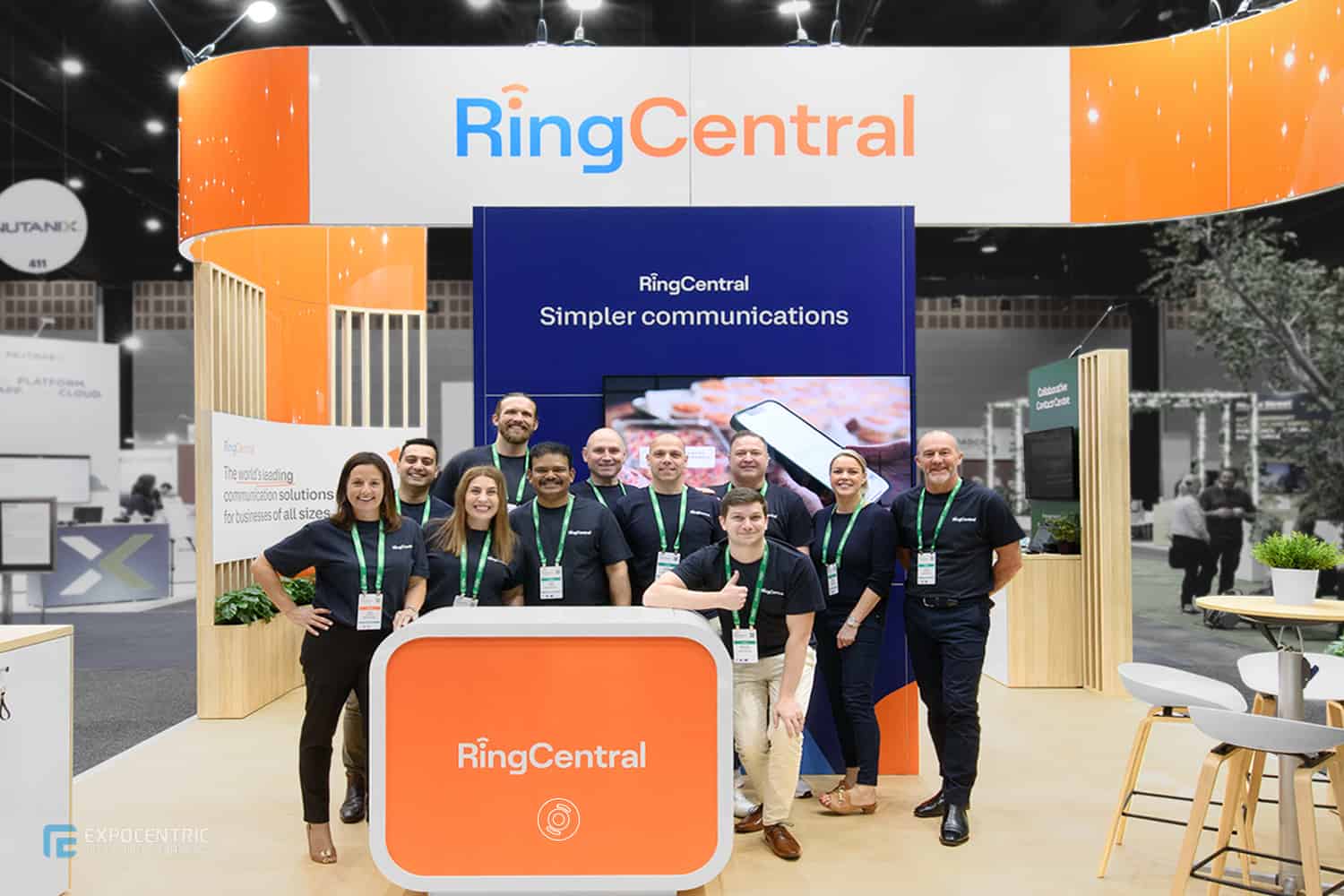
Tips for success
With the event strategy at your fingertips there are a few final tips all companies should keep in mind throughout the planning process.
Tip 1: It’s never too early to start planning: The more time the better, and the less stressed each team will be with more planning time.
Tip 2: Work alongside aligned teams: There is no doubt that planning an event is stressful. Alleviate the stress by working alongside staff, contractors and companies who are aligned with your company’s goal. This way you know you are all working toward the same objective.
Tip 3: Stick to your strategy: Once finalised, your strategy becomes your bible, forever a resource anyone can revert back to to ensure you are keeping on track and on time.
Tip 4: Plan to measure: Learning from mistakes is a critical part of learning, and it is made easier when you can measure and track progress. Ahead of starting ensure all reporting tools are in place to ensure you can measure success.
Tip 5: Remain flexible: Whilst everyone will try their best to stick to the plan, remember to remain flexible. Event planning is a fluid activity where small tweaks can result in large impacts. Remember to remain flexible and adaptable with an open mind to changes.
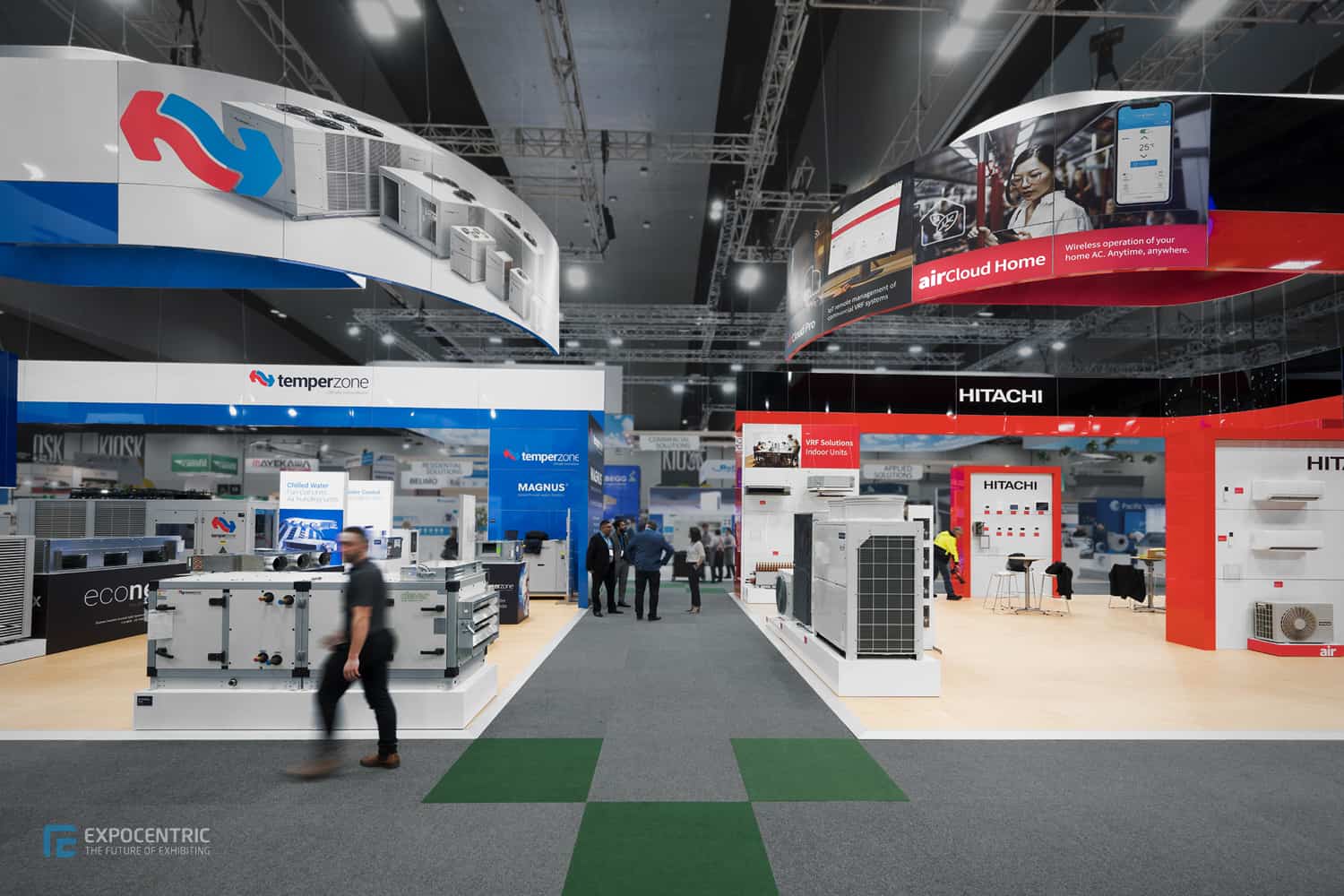
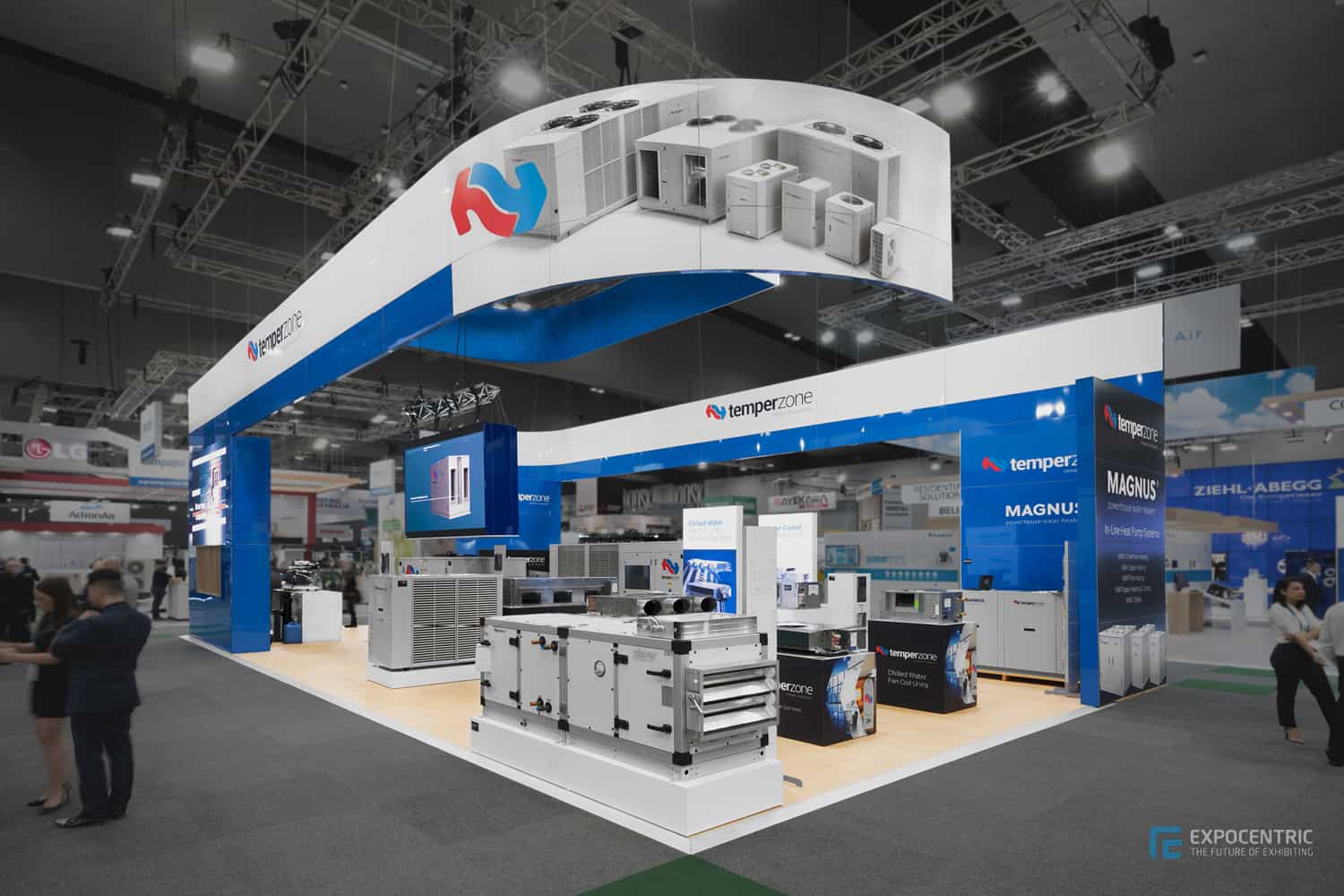

Sitting alongside all successful event management is a strong event strategy and planning. Whilst it may be overwhelming to begin with, when broken down it is simply a step by step guide which will take your company from planning through to execution. We do however understand the event industry can be a tricky place to navigate, so to learn more speak to someone from the Expo Centric team today!
